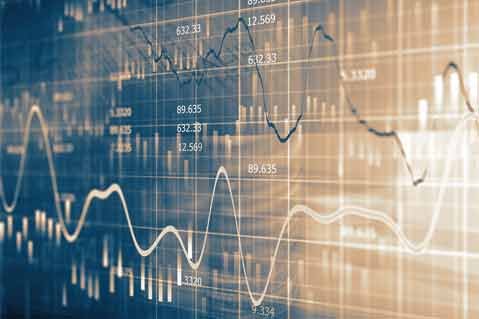December 15, 2016
Fed Raises Interest Rates, Expects Several More Increases
On Wednesday, the Federal Reserve unanimously voted to raise interest rates for the second time in a year. At its December meeting, the central bank raised its target range from .25% and .5% to .5% and .75%.

The Fed also approved an increase in the discount, or primary credit, rate, from 1% to 1.25%. It now expects three hikes in 2017 for its federal-funds target rate, two or three in 2018 and three in 2019. The longer-run target was revised upwards to 3% from 2.9%.
Fed Chairwomen Janet Yellen cited the strengthening U.S. economy as a key factor in the decision, including low unemployment levels and inflation nearing the Fed’s target. "Our decision to raise rates should certainly be understood as a reflection of the confidence we have in the progress the economy has made and our judgment that progress will continue,” she said at a press conference on Wednesday.
The Fed also upwardly revised its GDP growth expectations for 2016 (from 1.8% to 1.9%) and 2017 (2.1% from 2.0%). Meanwhile, 2018 GDP expectations remain at 2.0% and 2019 expectations were revised up from 1.8% to 1.9%.
The Federal Reserve last increased interest rates the previous December, the first increase in over nine years. At that time, when the bank forecasted four rate hikes in 2016, GDP for the fourth quarter of 2015 was just .9%. By contrast, in the third quarter of this year, GDP grew at a 2.9% annual rate, while unemployment fell to its lowest levels in more than 40 years.
The Fed chose to keep interest rates at its current levels this past March, citing global economic uncertainty at the time. But Yellen said higher interest rates are necessary to allow the Fed the means to ward off economic slides through rate cuts. "We want to feel that if the economy were to suffer an adverse shock,” she said, “that we have some scope through traditional means of interest rate cuts to be able to respond to that.”
When asked about President-elect Donald Trump and what his effect his presidency would have on future Fed actions, Yellen said that the Fed “recognize[s] that there is considerable uncertainty about how economic policies may change, and what effect they may have on the economy."
The promotional industry has also showed recent signs of strengthening, including a distributor revenue increase in the third quarter of 3.1% and in rise in the Counselor Confidence Index, which measures the health and optimism of distributors.
